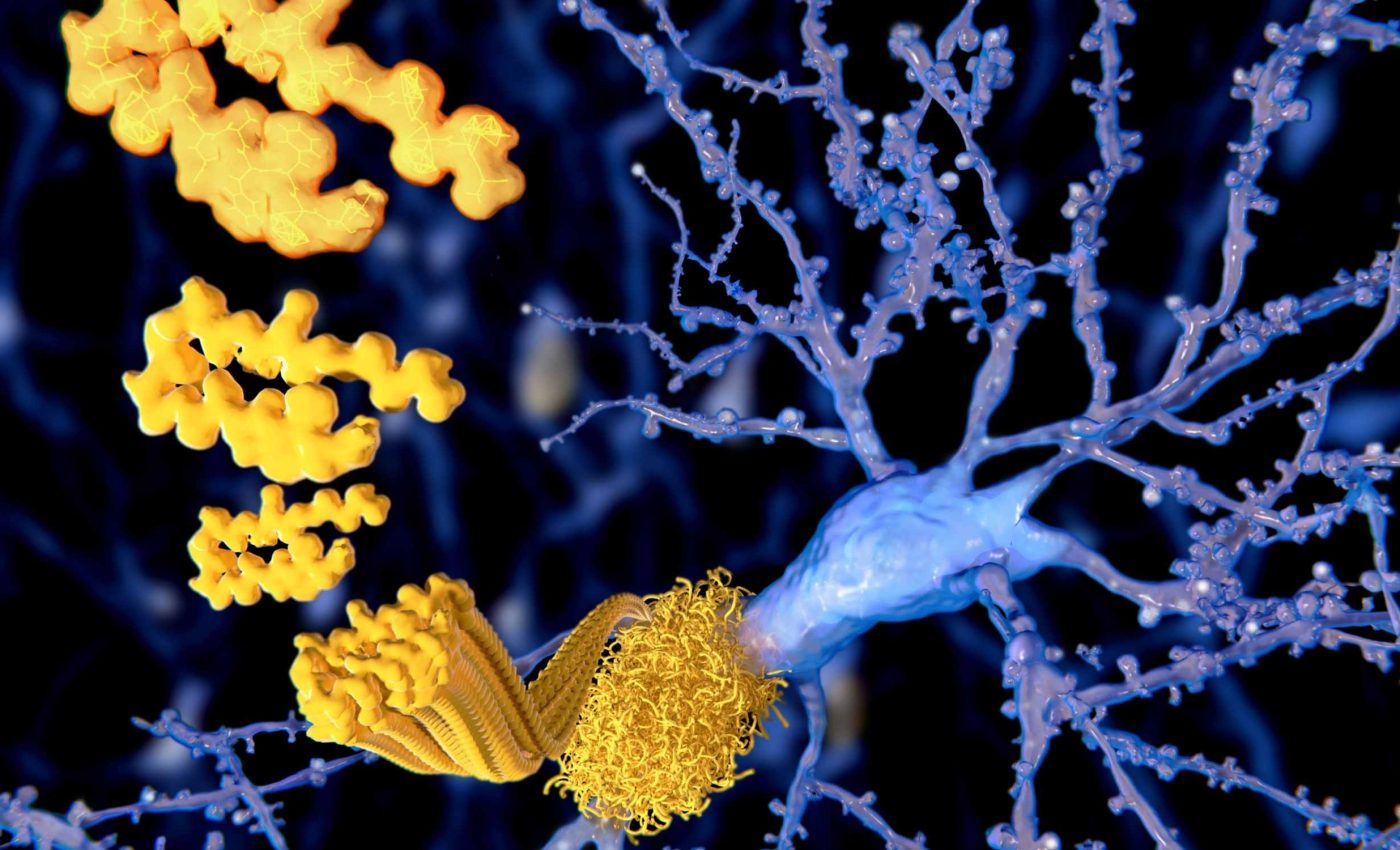
17-year-old man breaks the world record for early-onset Alzheimer's disease
Alzheimer’s disease often brings to mind images of older adults struggling with memory loss and confusion. News of a 17-year-old who showed devastating cognitive decline serves to remind us of the complexity of this condition.
His official diagnosis came at age 19, setting an unsettling record for the youngest documented case of Alzheimer’s to date. Neurologist Dr. Jianping Jia from Capital Medical University helped confirm this startling scenario.
Alzheimer’s disease breaking age barriers
For many decades, Alzheimer’s has been classified primarily as an age-related disease. It typically causes problems with memory, thinking, and behavior, as neurons in the brain become impaired over time.
Doctors now recognize early-onset cases, with some individuals diagnosed before they turn 65. These instances represent approximately 10 percent of all Alzheimer’s diagnoses, making them less common but no less serious.
Reports indicate that this teenager first noticed recurring forgetfulness around the age of 17. He struggled academically and often misplaced personal items, but the situation worsened until he needed professional assessment.
Specialized imaging revealed atrophy in his hippocampus, a key region involved in forming new memories.
Analysis of his cerebrospinal fluid showed protein markers that are typically associated with Alzheimer’s, though the cause remained unclear.
Genetic answers to Alzheimer’s disease
Most patients younger than the age of 30 are classified as having familial Alzheimer’s disease (FAD), meaning they inherit specific faulty genes that lead to early disease. Curiously, no gene mutations were found in this teenager’s DNA, which has left doctors puzzled.
His family had no known history of memory disorders, a factor that usually points investigators toward environmental or other less common triggers.
Still, the medical team could not identify any infections, metabolic diseases, or traumatic injuries that might explain his decline.
Unexpected outcomes and statistics
He scored poorly on immediate, short-delay, and long-delay recall tasks, with one test placing his memory performance 82 percent below that of his peers. Another measurement showed he was 87 percent behind in immediate recall ability.
Despite these stark findings, he could still live on his own but found it impossible to finish high school.
The authors contend that this phenomenon shows there is more to learn about how Alzheimer’s develops, even in very young individuals.
Where do we go from here?
“Exploring the mysteries of young people with Alzheimer’s disease may become one of the most challenging scientific questions of the future,” the authors said. In a note to a local media outlet, the researchers suggested that investigations of similar rare cases are vital.
Scientists are now looking at lifestyle factors and additional genetic markers that might play a role in early disease onset. These include things like unusual protein buildups, metabolic imbalances, or newly discovered gene variants.
Although typical early-onset Alzheimer’s is often tied to known genetic defects in the PSEN1 or APP genes, this teenager tested negative for all recognized variants.
Researchers suspect that a yet-to-be-identified mutation or a unique biological mechanism might be at play.
Looking toward solutions
Current treatment options focus on slowing disease progression, but no definitive cure exists. Trials involving immunotherapies and drugs targeting amyloid protein are ongoing, yet they have had mixed results so far.
Families of a loved one who is diagnosed with Alzheimer’s in the teens or early twenties will feel uncertain and underprepared, as little information exists about this condition in younger patients.
More resources are needed to guide patients and relatives through a condition that is typically managed in geriatric settings.
Refining Alzheimer’s disease diagnostics
Advanced imaging methods and biomarker tests are helping clinicians detect changes in the brain earlier than ever.
By identifying subtle shifts in metabolism and structure, doctors can intervene sooner, potentially delaying severe cognitive deterioration.
Genetic testing has also made strides in identifying those who are at high risk, although this case highlights the possibility of other unknown drivers. Alzheimer’s remains a puzzle, especially when its usual patterns fail to appear.
What happens next?
Collaborations among neurologists, geneticists, and epidemiologists could uncover new pathways responsible for atypical Alzheimer’s disease.
Long-term monitoring of individuals like this teen may yield guidance that transforms how specialists approach younger patients.
Researchers hope these insights will lead to preventive strategies, more targeted treatments, and improved outcomes across all ages.
This might one day spare the next generation from unexpected cognitive losses that disrupt their lives and futures.
A call for awareness
Doctors and caregivers stress the importance of vigilance, as forgetting small details can sometimes hint at a larger issue. When suspicion arises, timely neurological evaluations offer the best shot at catching serious conditions early.
Such steps are especially critical for younger individuals who show unusual memory problems. Proper screening could help them stay in school, remain socially active, or gain access to supportive therapies when every moment counts.
Hope on the horizon
Fresh discoveries in neuroscience promise new understandings of how the disease can begin in the prime of life. Research breakthroughs might open doors for interventions that preserve memory and give young patients a fighting chance.
No single gene or factor appears responsible for every early-onset case, which means experts must keep an open mind.
The lesson from this story is that Alzheimer’s can appear in ways we least expect, and challenge all preconceived notions.
This case highlights the need for constant vigilance and ongoing research. The effort to unravel early diagnoses could change the entire field of dementia care.
The study is published in the Journal of Alzheimer’s Disease.
—–
Like what you read? Subscribe to our newsletter for engaging articles, exclusive content, and the latest updates.
Check us out on EarthSnap, a free app brought to you by Eric Ralls and Earth.com.
—–













